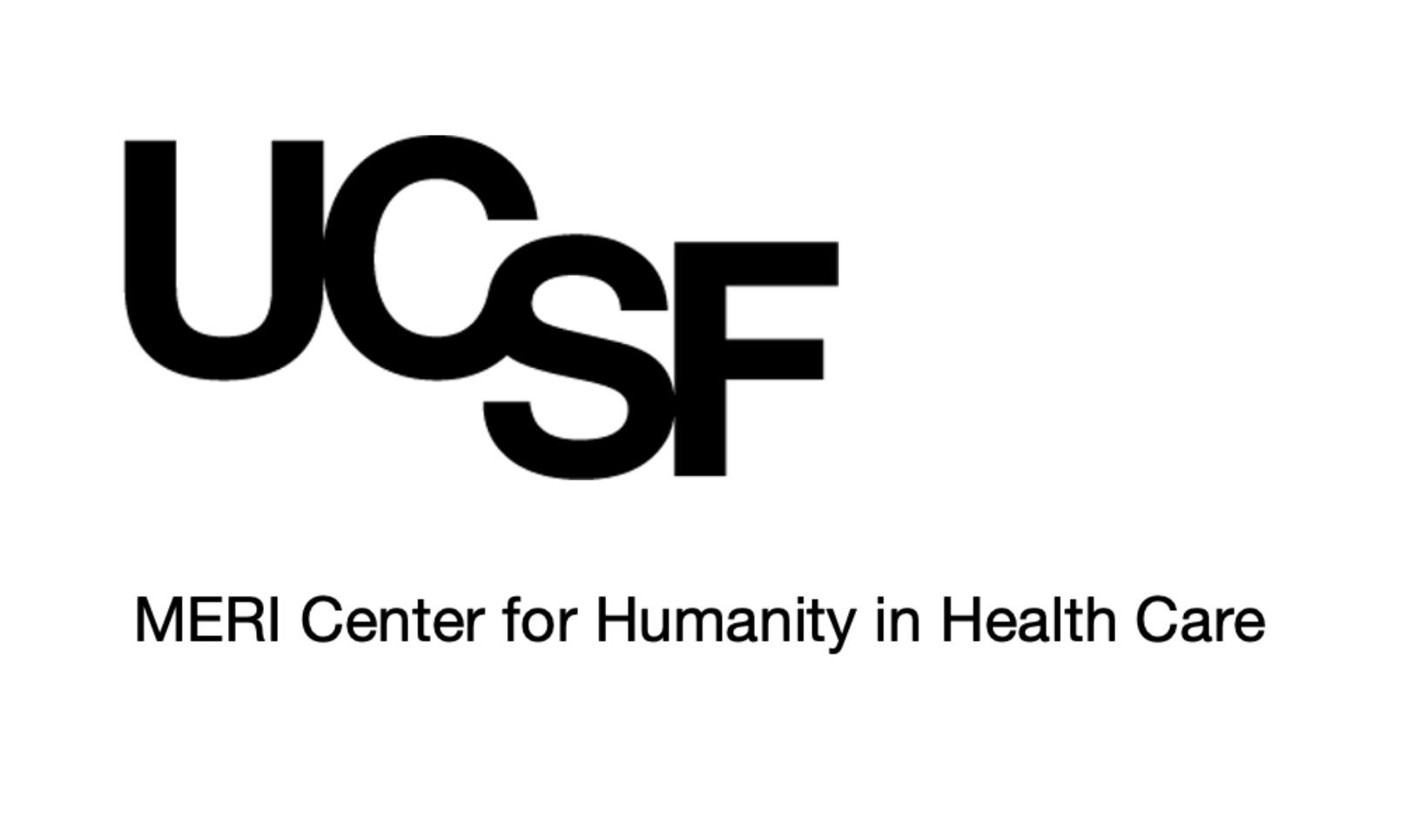Advance Care Planning
a process that supports adults at any age or stage of health in understanding and sharing their personal values, life goals, and preferences regarding future medical care.
Advance Directive for Healthcare
a legal document for advance care planning that allows an adult to designate a surrogate for medical decision making, as well as particular wishes for medical interventions that may be desired or not under various circumstances in the face of life-threating illness or accident, when one is unable to make decisions for oneself.
Comfort Care, Supportive Care
Clinical care intended to relieve the physical, emotional, relational, and spiritual distresses of illness, without regard for other goals of care, such as curing or managing an illness.
Hospice
A system of medical care, typically provided in the home, for people who are facing the end of life (defined as a prognosis of 6 months or less) and who wish to focus entirely on their comfort and well-being, and who are not pursuting disease-directed treatment. Hospice is a type of interdisciplinary Palliative Care at the end of life.
Palliative Care
Palliative care focuses on expert assessment and management of pain and other symptoms, assessment and support of caregiver needs, and coordination of care. Palliative care attends to the physical, functional, psychological, practical, and spiritual consequences of a serious illness. It is a person- and family-centered approach to care, providing people living with serious illness relief from the symptoms and stress of an illness. Through early integration into the care plan for the seriously ill, palliative care improves quality of life for the patient and the family. [1]
[1] National Consensus Project for Quality Palliative Care. Clinical Practice Guidelines for Quality Palliative Care, 4th edition. Richmond, VA: National Coalition for Hospice and Palliative Care; 2018. https://www.nationalcoalitionhpc.org/ncp.
Primary Palliative Care
Palliative care that is delivered by health care professionals who are not necessarily palliative care specialists, such as primary care clinicians, physician specialists, nurses, social workers, pharmacists, chaplains, and others who care for patients with serious illness. [1],[2]
[1] National Consensus Project for Quality Palliative Care. Clinical Practice Guidelines for Quality Palliative Care, 4th edition. Richmond, VA: National Coalition for Hospice and Palliative Care; 2018. https://www.nationalcoalitionhpc.org/ncp.
[2] Quill TE, Abernethy AP. Generalist plus specialist palliative care--creating a more sustainable model. N Engl J Med. 2013 Mar 28;368(13):1173-5. doi: 10.1056/NEJMp1215620.
Serious Illness
Serious Illness is a condition that carries a high risk of mortality, negatively impacts quality of life and daily function, and/or is burdensome in symptoms, treatments or caregiver stress”
Kelley, A. S. 2014. “Defining ‘Serious Illness.’” Journal of Palliative Medicine 17 (9): 985.

